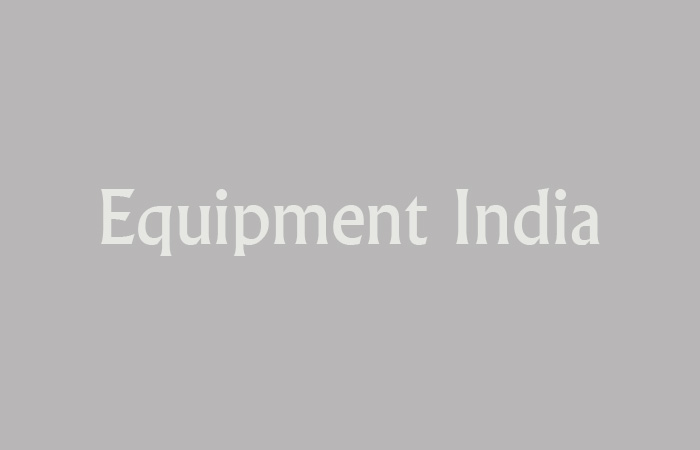
New Expectations
With the National Democratic Alliance (NDA) having formed the government, industry expectations are high that the new Prime Minister (PM) will be able to lead the economy out of the low growth era through decisive governance. Industry feels that the PM believes in execution more than complex policy making. Whether this assessment gets to see the light of the day will be known in the near future and each one of us in the industry is hopeful.
I personally feel that the Indian economy?s problems are mostly domestic in nature which need to be addressed with speed. The PM may first want to create an enabling environment for business. It would not only help large business houses, but also MSME, who are harassed for multiple procedural requirements. My wish lists of expectations from the PM are scripted more as an industry voice from customers and financiers as well.
Direct and Indirect tax laws need to be simplified so that tax payment can be done without ambiguities. An early roll out of Goods & Services Tax (GST) will be helpful in bringing about clarity and transparency in terms of tax implications.
The PM, having been a Chief Minister for Gujarat for over a decade, understands how important it is for states to have policies that suit their own requirements. Therefore, if land matter and environment clearances are left to the respective state governments to decide and the Centre just lays down a basic framework, it would give more autonomy to the state governments to frame their own policies. That would help state governments setting their own terms for attracting investment. This approach can usher in a healthy inter-state competition that will augur well for the overall development of the nation.
There is an urgent need to review The Companies Act 2013. Companies, irrespective of their scale of operations, whether listed or not, are now forced to comply with a plethora of norms and archaic rules introduced in this Act. Impractical rules will stifle the businesses. This will nip in the bud precious entrepreneurial talentand bigger players will prefer to invest abroad, leading to the flight of capital. An emerging country like ours cannot afford this.
India?s stubbornly high inflation is essentially a supply-side problem. Deficient infrastructure has been at the root cause behind supply-side bottlenecks. Fighting inflation with monetary tools has led to hiking policy rates and high interest regime has further slowed down the economy. Urgent capacity addition in infrastructure is the need of the hour. The government should initially focus on fast-tracking capacity creation in Power and Road sectors.
Hundred per cent fuel linkage to all power plants should be ensured, which calls for reforms on the coal-mining front by allowing entry of private sector for mining development. This has to be supplemented with distribution sector reforms by revisiting tariff-setting norms which should adopt a principle of not passing through the AT&C losses beyond a certain percentage.
On the road front, government needs to explore new financing techniques which can address the mismatch between loan tenure and concession period (the former much shorter than the latter thus leading to problems in servicing loans). For BOT projects, a financing structure can be thought of where the repayment schedule is such that 50 per cent of the total debt is repaid during the loan period and balance 50 per cent is to be repaid by way of bullet payment at the end of the loan period. The bullet payment shall be made by arranging refinancing of the balance 50 per cent debt, repayable over the remaining concession period. This would enable practically spreading out the repayment of the debt over the entire concession period. Steps like these can help in improving investment sentiment quickly.
Government should aim to bridge the huge urban-rural digital divide byunleashing the untapped pool of entrepreneurial talent in rural India. Village level entrepreneurs need to be provided the IT and internet connectivity support, so that they are encouraged to provide services pertaining to e-governance, e-commerce and e-learning to the rural populace.
By the existing confluence of global factors, India, despite its internal problems, is in a ?sweet spot?. With the Chinese orchestrating a policy-induced slowdown and growth yet to pick up in developed nations, global commodity prices are down. This is the ideal moment for providing a big push to infrastructure creation which apart from addressing the supply-side constraints will also stimulate domestic demand. Investors around the world are keenly following developments in the Indian economy.
If the new government can push through quick reforms, India is bound to emerge as a favored destination for investment. With right policies in place, the next decade can witness India metamorphose; from an emerging market to a developed market.
The Indian economy?s problems are mostly domestic in nature which need to be addressed with speed.
The author is Chief Executive Officer,SREI BNP Paribas.


 +91-22-24193000
+91-22-24193000 Subscriber@ASAPPinfoGlobal.com
Subscriber@ASAPPinfoGlobal.com